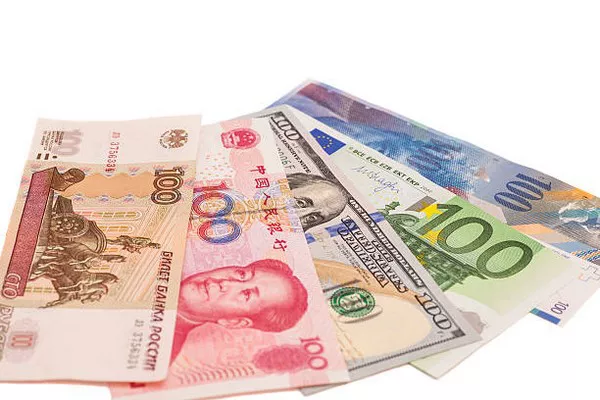The People’s Bank of China (PBC), as the central bank of the People’s Republic of China, plays a pivotal role in the country’s monetary policy. Among its tools for managing the economy is the adjustment of interest rates. When the PBC decides to raise interest rates, it triggers a chain reaction of economic shifts, one of which includes the impact on the value of the Chinese currency, the yuan. In this article, we delve into the complex interplay between PBC interest rate hikes and the yuan’s performance in the foreign exchange market.
Understanding PBC Interest Rate Increases
The PBC adjusts interest rates primarily to manage inflation, stimulate or cool economic growth, and maintain financial stability. When the PBC raises interest rates, borrowing becomes more expensive, leading to reduced consumer spending and business investment. This decrease in spending and investment tends to curb inflationary pressures by slowing down economic activity.
Additionally, higher interest rates make saving more attractive, as depositors earn greater returns on their savings. This can lead to increased savings, which in turn can provide banks with more funds for lending, further contributing to the overall stability of the financial system.
Impact on Yuan Appreciation
The relationship between PBC interest rate increases and the value of the yuan is intricate and multifaceted. In theory, when the PBC raises interest rates, it attracts foreign investment due to the higher returns offered on yuan-denominated assets such as bonds and savings deposits. This increased demand for the yuan pushes up its value in the foreign exchange market, a phenomenon known as appreciation.
A stronger yuan has several implications. Firstly, it makes imports cheaper for Chinese consumers and businesses, as they can exchange fewer yuan for the same amount of foreign currency. This can help alleviate inflationary pressures by reducing the cost of imported goods and services.
Secondly, a stronger yuan can improve the purchasing power of Chinese consumers and increase their ability to travel and invest abroad. This contributes to a more balanced global economy by reducing China’s reliance on exports and encouraging domestic consumption and investment.
However, the relationship between PBC interest rate hikes and yuan appreciation is not always straightforward. Other factors, both domestic and international, can influence the value of the yuan in the foreign exchange market. For example, changes in trade policies, geopolitical tensions, and shifts in global economic conditions can all affect investor sentiment and capital flows, thereby impacting the yuan’s exchange rate.
Moreover, the PBC’s monetary policy decisions are not made in isolation but are often influenced by broader economic objectives and considerations. Therefore, the impact of PBC interest rate increases on the yuan’s value must be analyzed within the context of the overall economic environment and policy framework.
Potential Challenges and Considerations
While PBC interest rate increases have the potential to strengthen the yuan, there are also challenges and considerations that may mitigate this effect or lead to unintended consequences.
One such challenge is capital flight, where investors move their funds out of the country in search of higher returns or safer assets. If the PBC’s interest rate hikes are perceived as insufficient to offset other risks or if investors anticipate further depreciation of the yuan, they may choose to divest their yuan-denominated assets and convert them into foreign currencies. This can put downward pressure on the yuan’s value despite the interest rate increase.
Additionally, excessive yuan appreciation could harm Chinese exporters by making their goods more expensive in foreign markets. This could negatively impact export-oriented industries and lead to job losses and economic slowdowns in certain regions or sectors of the economy.
Furthermore, policymakers must consider the potential impact of PBC interest rate increases on other economic variables, such as domestic consumption, investment, and employment. While a stronger yuan may benefit consumers through lower import prices, it could also dampen export competitiveness and hinder the growth of export-oriented industries.
See Also Is 10000 Yuan A Lot Of Money In China? A Comprehensive Analysis
Conclusion
In conclusion, the relationship between PBC interest rate increases and the value of the yuan is complex and contingent on various factors. While higher interest rates have the potential to attract foreign investment and strengthen the yuan, other considerations such as capital flight, export competitiveness, and broader economic objectives must be taken into account.
Policymakers face the challenge of balancing the objectives of monetary policy, including inflation management, economic stability, and exchange rate management. Therefore, the impact of PBC interest rate increases on the yuan’s value should be analyzed within the broader context of China’s economic goals and the global economic environment.
Ultimately, a nuanced understanding of the interplay between PBC interest rate adjustments and the yuan’s performance in the foreign exchange market is essential for policymakers, investors, and businesses to navigate the complexities of the Chinese economy and global financial markets.


